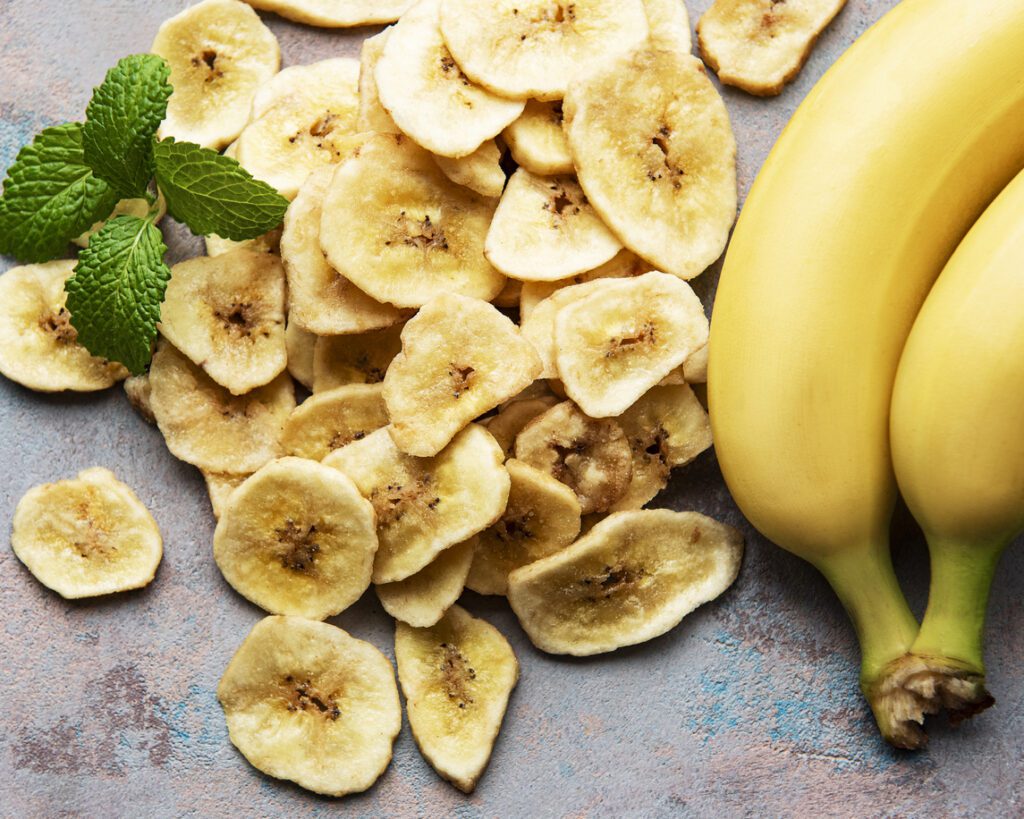I began making ice cream to share small amounts with Teddy and Bear because I was concerned about the substitute sugars in the ice cream I purchased from the grocery store. Typically I found on the ingredients list sugar and “other” sugars. What other sugars? One sugar substitute that I am particularly concerned about is Xylitol. Making ice cream allowed me to be confident of the ingredients, and to my surprise, my ice cream was delicious!
Xylitol
Back to Xylitol. While Xylitol can benefit humans, aiding diabetes management and weight loss, it is unsafe for canine consumption. Xylitol is a popular substitute sugar found in many foods and treats. For dogs, however, the dangers associated with Xylitol ingestion should be taken seriously. Xylitol is a highly toxic artificial sweetener that can cause serious health problems and even death in dogs.
When ingested by a dog, Xylitol stimulates the pancreas to produce insulin which causes blood glucose levels to drop quickly. In severe cases, this can lead to hypoglycemia (low blood sugar) or liver failure, which require immediate veterinary attention or could be fatal. Symptoms of Xylitol poisoning can be hard to detect and include vomiting, weakness, staggering gait, lethargy, and seizures.
Furthermore, Xylitol is in everyday products like toothpaste, mouthwash, chewing gum, candies, and chocolates which should all be kept out of reach of our pets. In addition, all advertised “pet-safe foods and treats” should be thoroughly checked for Xylitol before feeding them to our furry babies. However, if you suspect Xylitol toxicity, contact your veterinarian or animal poison control immediately.
By understanding the dangers associated with Xylitol consumption and being aware of the everyday products in which this substitute sugar is found, we can protect our beloved companions. Most importantly, it is essential to check the ingredients in all premade products we feed our pets and always proceed cautiously. Taking these precautions will help ensure that Xylitol’s sweet taste does not lead to harmful consequences for our four-legged friends.
Food Dehydrator
What does my concern about artificial sweeteners have to do with a Food Dehydrator? I started thinking about purchasing a food dehydrator because of concerns for Teddy and Bear again. The ice cream was a success, and I would like to build on it and give them other nutritional treats. A Food Dehydrator could provide the following:
- dehydrator nutritional value
- treats for dogs
- healthy snacks for Jim and I
Dehydrating foods requires only one ingredient, the food you’re drying, so not only is it 100% natural, but you benefit from all the minerals and fiber of the whole fruit. Also, unlike cooking and steaming, you don’t lose any of the nutritional content of the foods you are dehydrating.
Dehydrating will change the way I look at foods. Simple fruits and vegetables will be delicious, healthy snacks and treats. Healthy alternatives to junk foods or cookies!
Does Dehydrating Fruit Remove Nutrients? https://allfoodfaq.com/fruits/does-dehydrating-fruit-remove-nutrients/

When I think of dried fruit, I tend to associate it with a “healthy snack,” When people are dieting, they consume large quantities of dried fruit, thinking it is a healthy alternative to sweets. However, this is different when it comes to store-bought dried fruit. Many store-bought dried fruits contain added sugars (here we go again), sulfur dioxide (what?), and trans fat, which can be harmful.
Sulfur dioxide is sometimes added to store-bought dried fruit to prevent discoloration. However, sulfur dioxide can cause asthma, skin rashes, and stomach pains. Sulfur dioxide is mainly present in dried apricots, which gives them a bright orange color.
By making my own dried fruits, there are no additives or preservatives – I control what goes into my food! A food dehydrator may be my answer.
10 Top Health Benefits of Using a Food Dehydrator – Vitality 4 Life. https://www.vitality4life.co.uk/blog/benefits-of-a-food-dehydrator

A dehydrator is a kitchen appliance used to dehydrate food. It works by drawing out moisture from the food through a low-heat process, preserving its nutritional value, and creating tasty treats or healthy snacks. Dehydrators are commonly used to make fruit leathers, vegetable crisps, jerky, dried herbs, and spices.
Dehydrators are also used for making treats for pets, like dehydrated fruits or vegetables that can be added to their regular diet as a healthy snack. Dehydrating these treats first will last longer while providing the same nutritional value as fresh produce.
All in all, dehydrators are a great addition to any kitchen and an invaluable tool when it comes to making healthy snacks that taste delicious! So begins my next adventure, and of course, I’ll take you along for the ride.
Thank you for reading this blog post, and if you have any questions or comments, please leave them in the Comments section below.
© 2019 I Don’t Know All The Answers, Nikki Mastro
All of my photographs and documents are Copyrighted.

